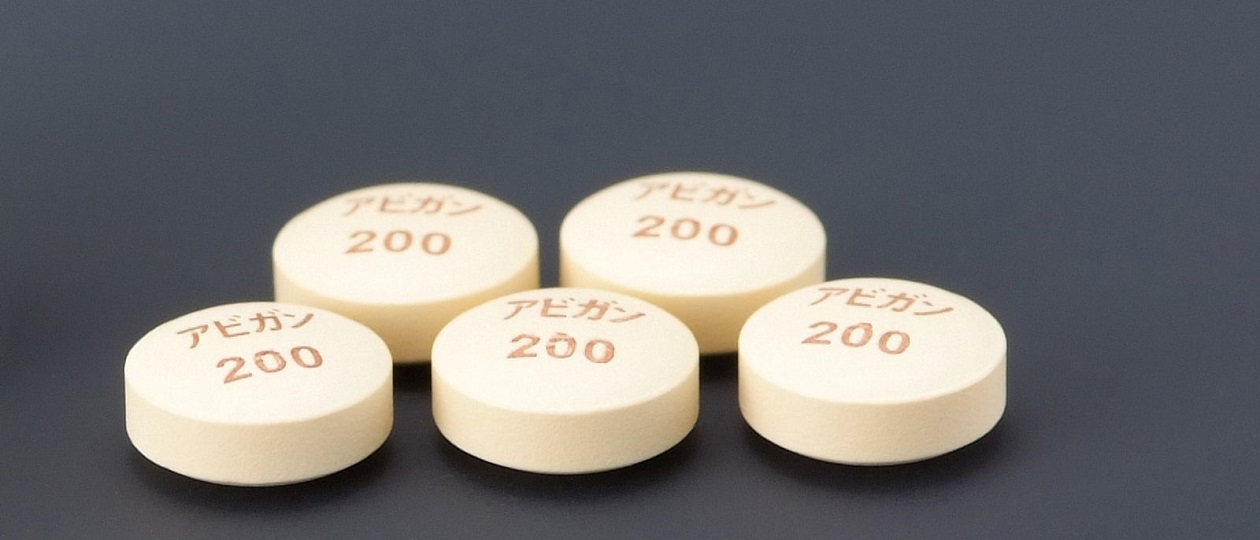
A group of scientists in Japan say their clinical study of the anti-flu drug Avigan, a candidate for treating COVID-19, could not confirm statistical significance regarding its effectiveness.
Researchers at institutes including Fujita Health University (藤田 医科大学, Fujita Ika Daigaku) in Aichi Prefecture (愛 知 県, Aichi-ken) conducted the study from March to check the drug’s effectiveness and safety.
Professor Doi Yohei (土井 洋平) at the university published the results of the study in an online news conference on Friday July 10th.
The researchers used Avigan on 88 patients infected with the virus and having mild or not have symptoms.
The patients were divided into two groups. The first group received Avigan from the first day for up to 10 days. The second group was given the drug from the sixth day.
The results of the study show that as of the sixth day, the virus was not detected in 66.7 percent of the patients in the group given Avigan from the start.
The similar effec was 56.1 percent for the second group on which the drug was not used in the first five days.
The study also shows that it took an average of 2.1 days for the temperatures of those in the first group to return to normal. For participants in the second group it took 3.2 days.
Thus, the researchers say they found that patients given the drug from the first day showed no sign of the virus and returned to normal temperature sooner than those who didn’t.
Although the researchers could not confirm statistical significance regarding the drug’s effectiveness, Doi said the results show the drug caused improvement sooner. They also said they found no serious side effects.
All the data obtained as a result of the study, Professor Doi promised to provide the government, if necessary.





